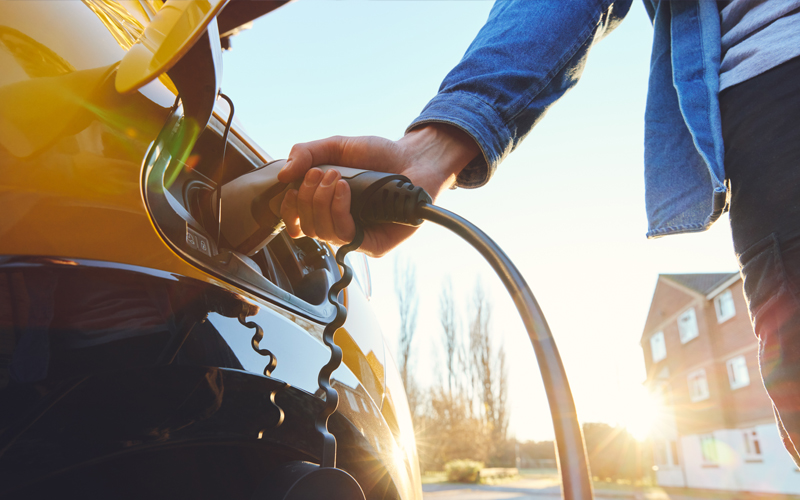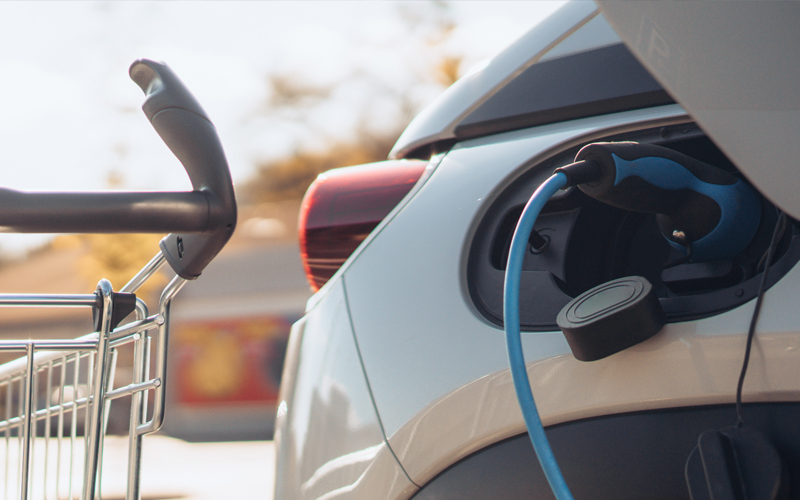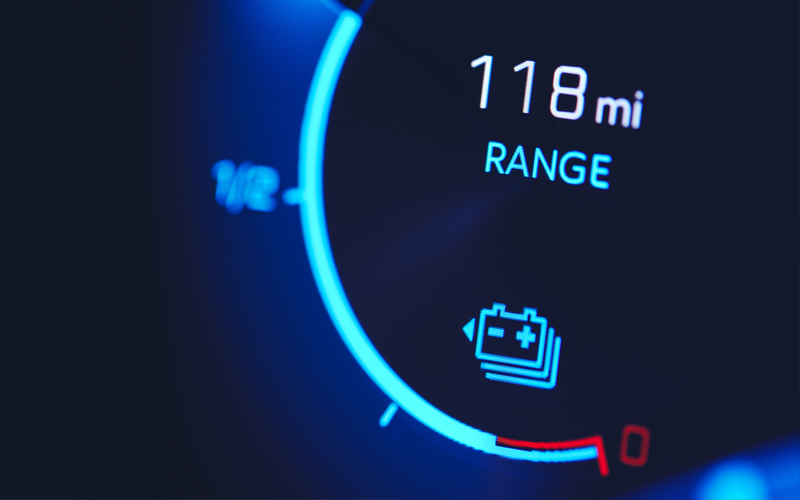Electric Cars - Your Questions Answered

Thinking about buying an electric car? We’ve rounded up some of the most popular questions about electric cars so you can make an informed decision.
Electric cars are no longer a new concept, but for those who have never driven one, they can be something of a wonder.
That’s why we’ve put together a guide to answer some common questions about electric cars, all so you can decide whether one is for you!
Time to get your own electric Motability vehicle?
Q. Are electric cars cheaper to run?
A. With rising electricity costs, electric cars aren’t always cheaper to run. However, they do have multiple financial benefits in comparison to petrol or diesel vehicles.
Firstly, you can schedule charging at home to take advantage of cheaper, off-peak tariffs, while public charging is free in some places. You can also save on fuel with a fully electric vehicle since the power comes exclusively from the battery, so there’s no need to pay pump prices!
Q. Are electric cars automatic?
A. Yes. Most fully electric cars are single-speed with two pedals - one for accelerating and one for braking. Many of these models offer instant torque, as there are no gears required to control the speed of the vehicle. You may often see P for Park, N for Neutral, D for Drive, and R for reverse, where all you need to do is change the setting depending on the movement.
Q. Can electric cars tow a caravan?
A. Yes - electric cars can tow caravans, as well as trailers. However, it’s important to note that the added weight will reduce your driving range. The amount you will be able to tow depends on the make and model, so you’ll need to consult your vehicle handbook for specific guidance. As electric cars continue to improve in technology, their towing capacity will also improve.
Q. How do electric cars work?
A. There are a few types of electric cars, with each working in different ways. A battery electric vehicle (BEV) uses a rechargeable battery pack made of lithium-ion, which sends energy to an electric motor, powering the wheels. These vehicles need to be plugged into a power source and recharged when the battery depletes.
Plug-in hybrids feature an electric battery as well as either a petrol or diesel engine which can be used once the battery runs low. Due to this, they are not always emissions-free as they will use power mostly from the engine. They will also still need to be recharged to keep the battery topped up.
Hybrid electric cars will run mainly on petrol or diesel fuel, however they feature an electric battery that charges as you drive through regenerative braking. This stores energy normally lost in the battery, meaning there’s no need to plug in and recharge. These often have different driving modes allowing you to use your fuel engine or EV mode according to your preference.
Q. How do electric cars reduce pollution?
A. Pure electric cars draw their power solely from the electric battery, producing zero tailpipe emissions. This is much better for the environment as it means less harmful gases polluting the air -especially problematic in busier towns and cities.
In fact, EDF Energy states that just one electric car can save an average of 1.5 million grams of CO2 in over a year. Their eco-friendly technology is so effective that the government is banning the sale of new petrol and diesel vehicles by 2035, to reach net zero-carbon emissions by 2050.
Q. How do you charge an electric car?
A. Electric cars can be charged in several different ways with three different types of chargers. These include a three-pin plug (also known as a domestic socket), a wall-mounted socket connecting to either a Type 1 or Type 2 cable, or a tethered charge point with either a Type 1 or Type 2 cable. Also, some manufacturers use DC type of chargers, CHAdeMO and CCS.

Depending on which charger you use, the time it takes to charge your electric vehicle will vary. There are three main charging speeds - Slow, Fast, and Rapid. Slow chargers typically have up to 3kW power and will take between 8-10 hours to charge an electric car. Fast chargers offer between 7kW-22kW of power and can charge your electric vehicle within 3-4 hours. These are often found at supermarkets or used at home where there is off-street parking.
Rapid chargers offer anything from 43kW of power upwards and can charge compatible vehicles in as little as 30 minutes. Refer to your manufacturer guide for more information on charging and find out which one you need to use.
Q. What electric cars are available on the Motability scheme?
A. At Bristol Street Motors, we offer a range of electric vehicles designed to meet your needs. These include the Nissan LEAF, Vauxhall Corsa-e, PEUGEOT-e 2008, Mazda MX-30, Hyundai Konda Electric, and more.
Start your Motability journey today.
Browse Our Electric Motability Cars
Q. Which electric cars have the longest range?
A. Range is an important factor when it comes to choosing an electric car, though it varies depending on each model. Some of the top contenders at Bristol Street Motors include the Hyundai Ioniq 5 at 238 miles and the Ford Mustang Mach-E with up to 273 miles.

However, whichever model you choose you can rest assured that with fast, easy charging and regular top-ups, you’ll have plenty of range to get from A to B.
Q. Can I get a home-charging point installed through the Motability scheme?
A. Yes, you can! If it's your first electric car and you have off-street parking where this can be installed, we can arrange this for you for free! You'll only have to pay for additional work required such as gaining access to your electricity.
Q. Where can you charge an electric car?
A. Basically anywhere! Thanks to increased investment, the public charging network for electric vehicles has expanded greatly. Leading charging supplier, Zap Map, reports that in April 2023, there were 42,566 charge points throughout the UK- across 24,909 different locations.
With a strong mix of rapid and ultra-rapid chargers available, this means that there are plenty of public charging points that will top up your EV in no time. You’ll find a range of speeds available at supermarkets and shopping centres, and on motorway service stations.
We hope you feel well-informed about electric cars. Feeling inspired? Take a look at our latest deals!
Explore: